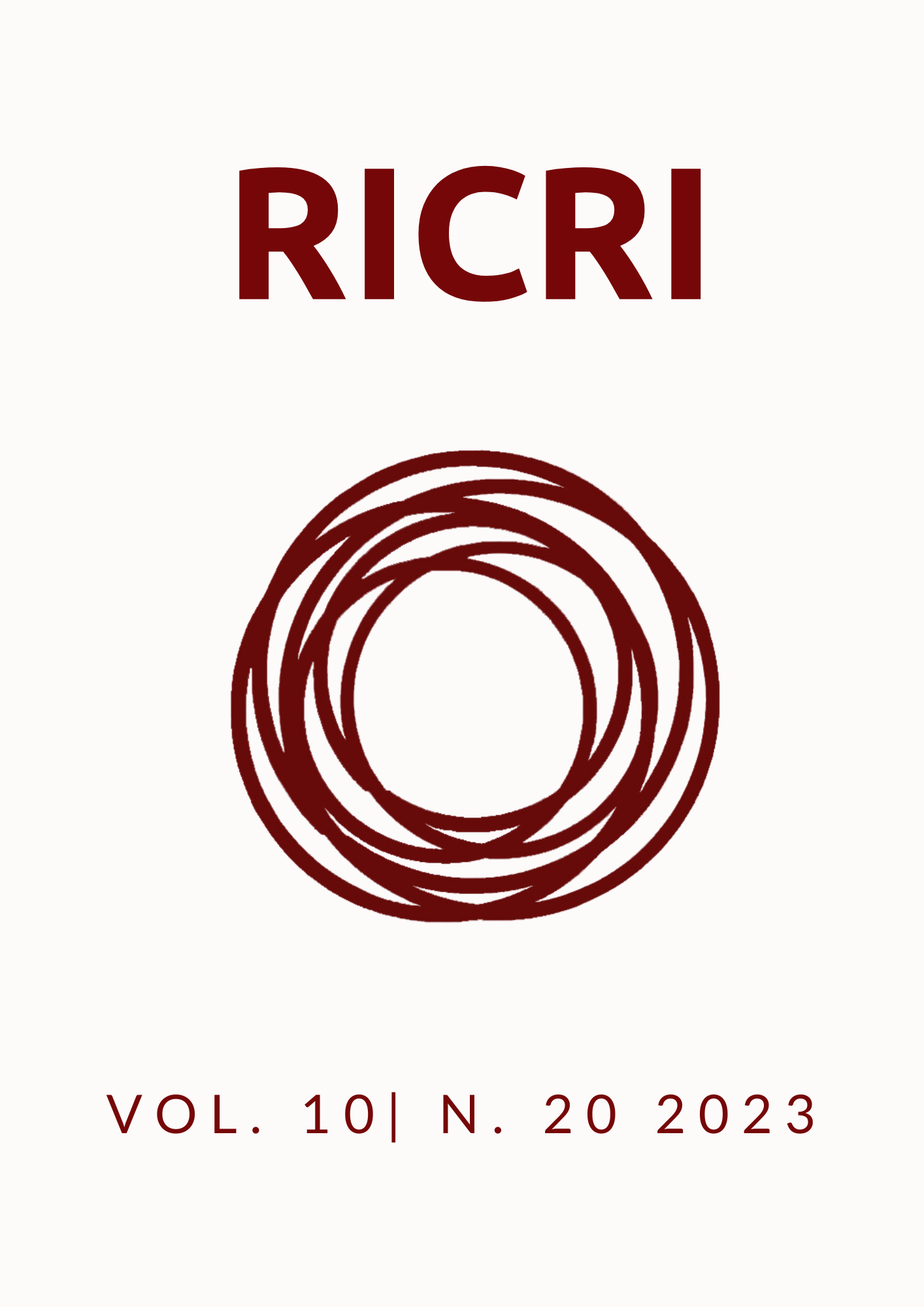Patrocínio Estatal ao Terrorismo
O caso da União Soviética
DOI:
https://doi.org/10.22478/ufpb.2318-9452.2023v10n20.64304Abstract
ABSTRACT
According to the traditional International Relations approach, the perpetrators of terrorist actions are classified as violent non-state actors. Nation states, however, may be politically favored by providing support to terrorist groups, characterizing state sponsorship of terrorism. This article aims to deepen the study of the relationship between States and terrorist organizations. To this end, a literature review is carried out on the concept of terrorism and state sponsorship of terrorism, followed by a case study on the relationship between the Soviet republics and terrorist organizations throughout the Cold War. Finally, explanatory hypotheses are raised about the motivation of States to cooperate with terrorist organizations. It is concluded that States eventually collaborate with terrorist organizations, directly or indirectly, with current examples being presented as support for the conclusion.
Keywords: terrorism; terrorist organizations; state sponsorship of terrorism; Cold War.
Downloads
Published
How to Cite
Issue
Section
License
Copyright (c) 2023 Journal of Scientific Initiation on International Relations

This work is licensed under a Creative Commons Attribution-NonCommercial 4.0 International License.
Authors who publish with this journal agree to the following terms:
a. Authors retain copyright and grant the journal right of first publication with the work simultaneously licensed under a Creative Commons Attribution License that allows for sharing of work with acknowledgment of its initial publication in this journal.
b. Authors are able to take on additional contracts separately for non-exclusive distribution of the version of the work published in this journal (e.g., post it to an institutional repository or as a book), with an acknowledgment of its initial publication in this journal.
c. Authors are permitted and encouraged to post their work online ( eg, in institutional repositories or on their website) at any point before or during the submission process, as it can lead to productive exchanges , as well as increase the impact and citation of published work ( See the Effect of Open Access).




